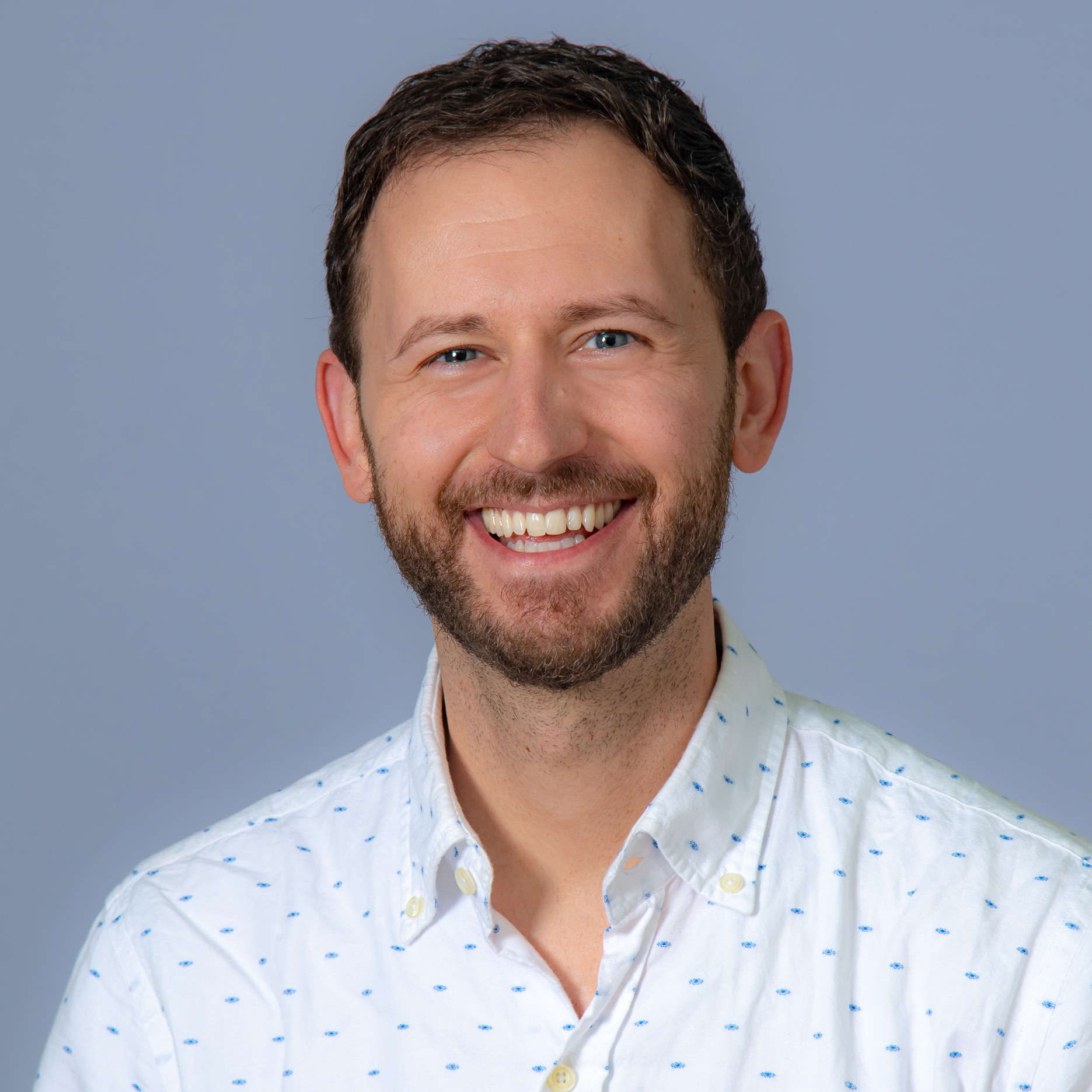
Appreciation for a Department of Education Tour of Service
FAS is invested in seeing more students gain science and technology skills and enter STEM careers, both for students and for our country’s competitive advantage. In light of this, the FAS Talent Hub would like to highlight one former teacher working at the Department of Education, and the contributions he’s made.

Stephen Kostyo joined FAS as an Impact Fellow in January of 2023, and started his tour of service with the Department of Education later that year. Kostyo’s focus at the department has been developing and implementing efforts to prioritize a whole student approach through the Full-Service Community Schools (FSCS) and Promise Neighborhoods (PN) programs, ED’s primary place-based programs. Specifically, he has helped manage $241 million in annual appropriations across both programs supporting over 100 grantees.
While at the Department of Education, Kostyo helped create many resources for federal grant recipients like a fact sheet discussing FSCS collaboration opportunities with 21st Century Community Learning Centers (21st CCLC), a data-driven reporting framework for FSCS grantees, guidance to support students in foster care, an evidence-based chronic absenteeism explainer, and hosted a 5-part “Blending and Braiding” webinar series on the use of federal, state, and local funds to implement whole child approaches to education.
“Everyone I’ve met at the U.S. Department of Education is passionate, insightful, valuable, and hard-working. This has been the main take-away from my FAS Fellowship. Policies cannot be disconnected from the people who implement them. Leveraging the expertise of former educators, service coordinators, and community leaders empowers local schools to do what they know is best for all kids and families. We need these people in public service.
I’ve been privileged to work alongside multiple teams at the Department to highlight schools that are making incredible impacts. Too often extraordinary leaders don’t have a megaphone or outlet to share the secrets to their success. So taking the time to lift up their work and its connections to Department-funded programs via webinars, resources, conferences, and site visits has been incredibly rewarding. It has allowed me to show off how community schools in California, Kentucky, and Pennsylvania are reducing chronic absenteeism, or how Promise Neighborhoods in Maryland, Indiana, and Texas are using their schools as hubs to co-locate essential student services like tutoring, nutrition, and health care. Ultimately, my colleagues and I have taken the tools of the Department to show that students across our country—in urban areas, rural areas, red states, and blue states—are thriving in public schools. By letting them and the people who support them share the challenges they have overcome, we’re helping replicate what works.”
A former middle and high school level math and science teacher, Kostyo views his time in service as a continuation of his work to improve public education. He’s written about the benefits of a community school approach and the need for better student data systems for FAS, how states can end corporal punishment in schools by implementing restorative discipline policies, and why extended-year timelines can improve high school graduation rates by reengaging students who experience unexpected challenges.
Thank you, Stephen! Best wishes as you continue working on these vital efforts.
While rural schools are used to being scrappy and doing more with less, without state and federal support, districts will be hard-pressed to close teacher workforce gaps on their own.
Without trusted mechanisms to ensure privacy while enabling secure data access, essential R&D stalls, educational innovation stalls, and U.S. global competitiveness suffers.
tudents in the 21st century need strong critical thinking skills like reasoning, questioning, and problem-solving, before they can meaningfully engage with more advanced domains like digital, data, or AI literacy.
We need to overhaul the standardized testing and score reporting system to be more accessible to all of the end users of standardized tests: educators, students, and their families.